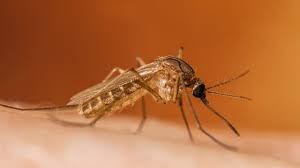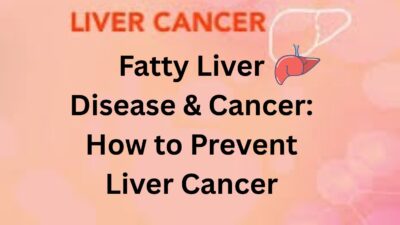As summer temperatures rise, so does the threat of West Nile virus (WNV)—a mosquito-borne illness causing concern across the U.S. With cases surging earlier than usual this year, health officials warn that early detection is key to preventing severe complications.
Table of Contents
Why Are West Nile Virus Cases Rising in 2025?
The CDC reports increasing WNV infections in Southern Illinois, Lake County, and other regions. Key factors driving the surge:
🔹 Warmer temperatures → Longer mosquito breeding seasons
🔹 Increased rainfall → More stagnant water (ideal for larvae)
🔹 Declining bird immunity → Mosquitoes spread the virus faster
2025 Case Snapshot:
| State | Confirmed Cases | Severe Cases (Neuroinvasive) |
|---|---|---|
| Illinois | 2+ | 1 (hospitalized) |
| California | Monitoring | Under investigation |
| Texas | Expected rise | Historically high-risk |
(Source: CDC, July 2024)
West Nile Virus Symptoms: From Mild to Life-Threatening
Most people (80%) show no symptoms, but 20% develop West Nile fever. In rare cases (<1%), the virus attacks the nervous system.
🔹 Early Symptoms (2–14 Days After Bite)
- Fever (often mild)
- Headache (persistent)
- Fatigue & body aches
- Swollen lymph nodes
- Rash (flat, pink spots on torso)
- Eye pain or sensitivity to light
Mimics flu or COVID—making early detection tricky.
🔹 Severe Neuroinvasive Symptoms
When WNV reaches the brain or spinal cord:
- High fever (104°F+)
- Stiff neck (meningitis sign)
- Confusion/disorientation
- Muscle weakness or paralysis
- Seizures or tremors
- Coma (in critical cases)
🚨 Seek ER care immediately if these appear.
Who’s Most at Risk?
| High-Risk Group | Why? |
|---|---|
| Adults 60+ | Weaker immune response |
| Immunocompromised (HIV, chemo patients) | Body struggles to fight virus |
| Chronic illness (diabetes, kidney disease) | Higher complication rates |
| Organ transplant recipients | Anti-rejection drugs lower immunity |
⚠️ Even healthy young adults have died from WNV—no one is immune.
How to Prevent West Nile Virus
**1. Stop Mosquito Bites
- Use EPA-approved repellents: DEET (30%), picaridin, or oil of lemon eucalyptus.
- Wear long sleeves/pants at dawn & dusk (peak biting times).
- Install window screens and repair tears.
**2. Eliminate Mosquito Breeding Sites
- Dump standing water (flower pots, gutters, birdbaths).
- Use larvicides in ponds or rain barrels.
- Keep pools chlorinated.
**3. Boost Immunity
- Stay hydrated (helps flush toxins).
- Eat anti-inflammatory foods (berries, leafy greens).
- Manage stress (weakens immune defense).
MYTH BUSTER: Citronella candles and ultrasonic devices don’t work as well as EPA repellents.
Is There a Cure or Vaccine?
- No specific antiviral treatment exists.
- Hospital care (IV fluids, pain relief) supports recovery.
- Experimental therapies (IVIG, interferon) show promise but aren’t widely approved.
💡 Horses have a vaccine—why don’t humans? Research is ongoing, but funding lags.
FAQs About West Nile Virus
1. How soon do West Nile symptoms start?
2–14 days post-bite, but most people never show signs.
2. Can you get West Nile twice?
Rarely. Immunity usually develops after infection.
3. Is West Nile virus contagious?
No. It doesn’t spread person-to-person.
4. What’s the death rate for West Nile?
~10% of neuroinvasive cases are fatal.
5. Can dogs or cats get West Nile?
Yes, but rarely severe. Horses are far more vulnerable.



